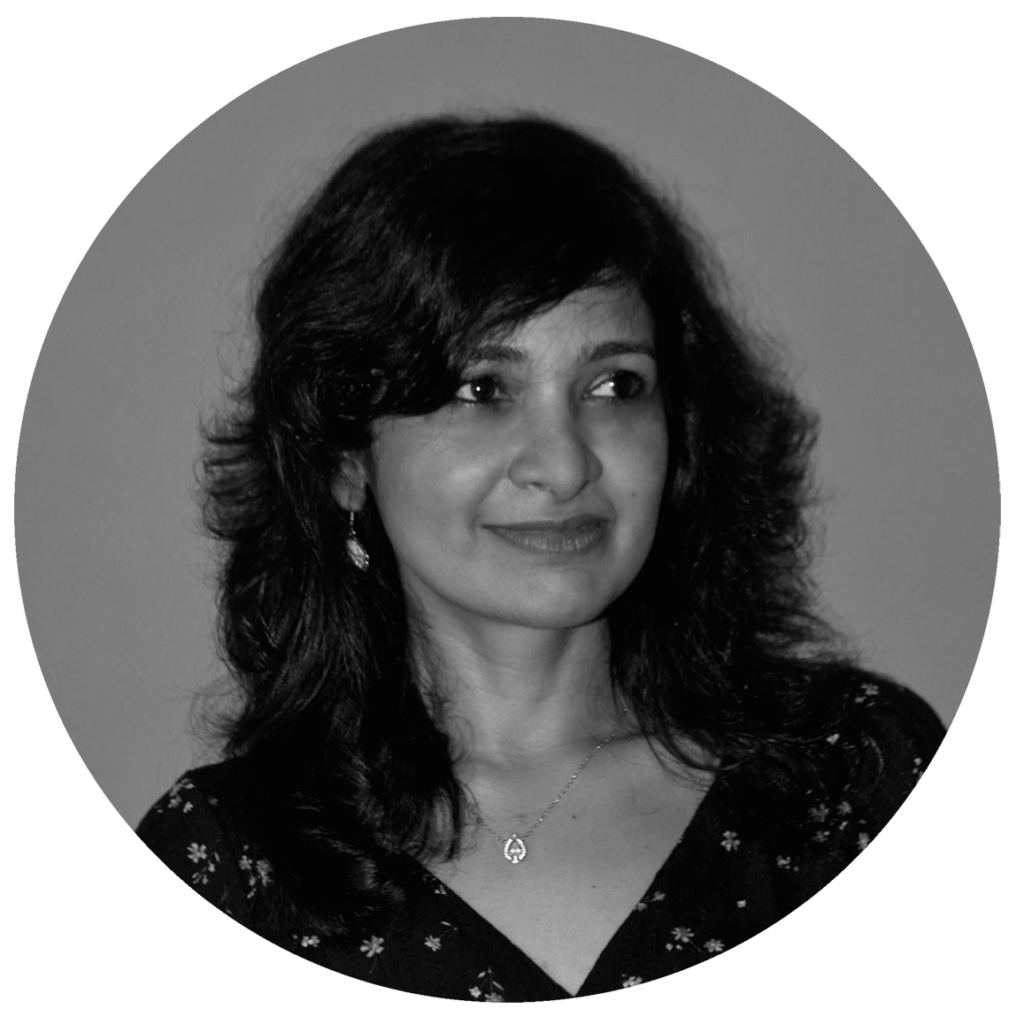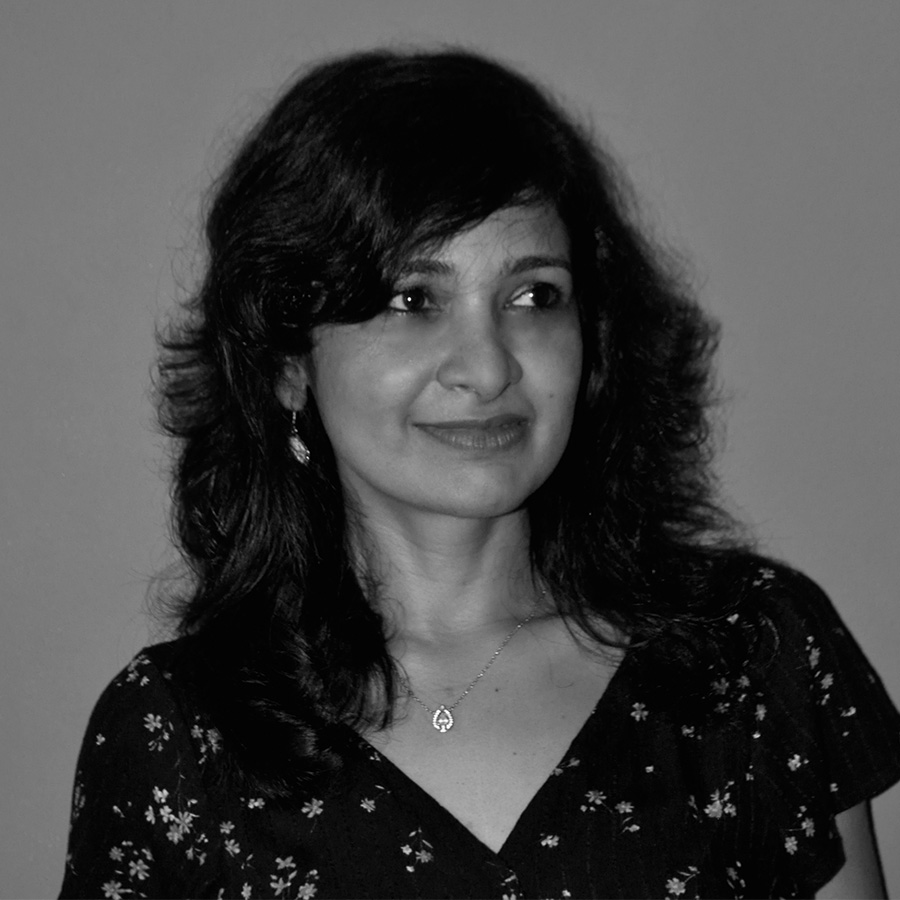Ganga Rathnayake
July 7, 2021

Talking to Ganga Rathnayake, Director and Co-founder of Robust Architecture Workshop (RAW), based in Colombo, Sri Lanka, feels like a ‘homecoming’. Perhaps it’s in the way she patiently and thoughtfully conveys her points of view that gives one a deep sense of comfort and ease. Ganga pursued her architectural education at the University of Moratuwa in Sri Lanka, where she obtained a B.Sc. in Built Environment (1997) and a M.Sc. in Architecture (2000). For the latter, she won the Prof. K.R.S. Peiris Design Award given to the best designer in the thesis programme. Ganga harnessed her professional experience at the Melbourne-based architectural practice McGauran Giannini Soon (MGS), where she spent six years working on both architecture and urban design projects. She credits MGS for reinforcing her design focus on community- and process-centred architecture with a strong emphasis on sustainability.
We’d love to know a bit more about you and your work experience, or perhaps how you came to be in this field?
GR: Sure, I’m from Kandy, and I’m from a very conventional family. My parents were teachers. I was a studious student in school, but I did a lot of extra-curricular activities. Even though I selected Biology stream for my A levels, I was involved with other activities related to creative and performing art fields at school. I was passionately involved in the arts circle, participating in drama competitions, choirs, etc. So, my mother was getting worried and was helping me think about a career path, but she knows my abilities towards the arts. Later we got to know about the architecture programme at the university—at that time it was the only university that offered the programme. It seemed like a good fit for my career.
As an architect, that laid the foundation for me and that triggered the urge for me to contribute to architecture as a practitioner, and to do our part in our local context. I worked really closely with Eli, and I’ve seen her creativity, determination and commitment to her work, and I was totally inspired by her, and was really thankful for her for being such an exemplary role model whom architects like us could look up to. By 2011, Milinda completed his PhD, and we were both keen to come back and set up our own practice in Sri Lanka.
Regardless of our gender, being in a profession that is directly responsible for shaping our environment, we have a far greater collective responsibility.
Is there is any differentiation in challenges in terms of gender?
I think being a career woman in our local context, we have our own personal expectations to be successful in our respective fields. We want to be independent, hardworking and committed to our jobs, confident and strong—so that set of expectations are there as a career woman. But on top of that, in our society, women have social roles—there is another set of expectations that society expects us to fulfil— being a mother, wife, etc. And mostly those are related to household duties, responsibilities: taking care of your kids, making meals, and maybe managing your family financing, and stuff like that. So, you have that baggage, even though you are a career woman. I mean, society is not ready to take away certain responsibilities from your shoulder, even if you are successful in your career. I think that’s a massive challenge.
RELATED PROJECTS: Mixed-Development & SWP Lodge
Does gender have an impact when it comes to Green architecture and sustainability in Sri Lanka?
GR: There have been some great contributors to our profession like Minnette de Silva and Hirante Welandawe, and they have done admirable work and are well-known in the industry. Their buildings take care of people and the environment. But unfortunately, there are very few of them. By saying that, I don’t know whether we can recognise it as a discourse as such or if gender has an impact to it. However, regardless of our gender, being in a profession that is directly responsible for shaping our environment, as I said earlier, we have a far greater collective responsibility.
RELATED PROJECTS: Mountain House & Resort
To read the complete article, get your hardcopy at our online shop/newsstands/major bookstores; subscribe to FuturArc or download the FuturArc App to read the issues!
Previously Published FuturArc Interview
Contact us at https://www.futurarc.com/contact-us for older interviews.


